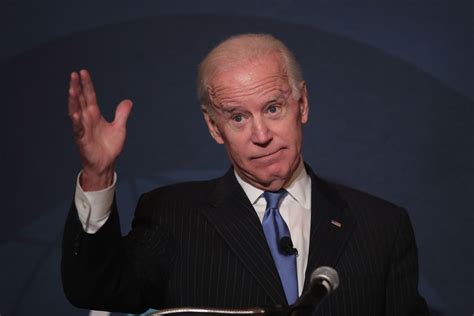by Haisten Willis, White House Reporter
At least 40 million voters are likely to pay very close attention to a Supreme Court case this week that has big implications for the Biden administration.
Among the most high-profile decisions President Joe Biden has made since taking office was a move last August to “cancel” up to $20,000 of student debt per borrower, a unilateral program that’s estimated to cost taxpayers at least $300 billion.
“In keeping with my campaign promise, my administration is announcing a plan to give working- and middle-class families breathing room as they prepare to resume federal student loan payments in January 2023,” Biden said Aug. 24, six weeks before the 2022 midterm elections.
But no loans have been canceled, and payments did not resume in January. Instead, more than a half-dozen lawsuits were filed and the program was blocked by federal judges.
Tuesday, the high court will hear arguments in two of those cases, Biden v. Nebraska and Department of Education v. Brown, and make a decision affecting tens of millions of people and hundreds of billions of dollars.
The stakes should be apparent on the courthouse grounds. An all-night party hosted by pro-forgiveness advocates begins at 6 p.m. the night before, with supporters planning to camp out all night to score tickets to the hearing. The next morning, more than 20 groups led by the NAACP will hold a protest calling for the court to uphold the program.
“This is a lot of people, 40 million, and about half would be debt free as a result of this program,” said Persis Yu, managing counsel of the Student Borrower Protection Center, one of the groups hosting the protest. “The other thing that’s really important to recognize is that as life-changing as this would be, it would be devastating for them if it doesn’t happen.”
The political stakes are high too. Biden’s move was largely seen as a nod to younger voters with a college education, a reliably pro-Democratic bloc in recent elections. The program “forgives” $10,000 for most borrowers and $20,000 for Pell Grant recipients who hail from low-income families, which the White House pitched as a way to help black borrowers and narrow the racial wealth gap.
Going full steam, the Department of Education quickly launched an application that more than 26 million borrowers filled out in the hope of getting their balances reduced. Instead, a federal judge blocked it just two days after Democrats enjoyed a relatively successful election cycle.
That led critics, such as former Bernie Sanders spokeswoman Briahna Joy Gray, to accuse the White House of a cynical strategy whereby the administration promised loan forgiveness knowing all along it would never have to follow through.
“Hard to convince me the Biden admin didn’t do this intentionally,” she wrote in a tweet.
Biden could face a big backlash if the program goes kaput this summer.
But, as it has done with a host of other issues including Social Security and Medicare insolvency, the debt ceiling, and even the Ohio train derailment, the White House may point the finger at Republicans in such a case.
“If I was Biden, the argument I’d make is Republicans do everything they can to get tax breaks for the rich and for oil companies,” said Democratic strategist Brad Bannon, who thinks the court will likely kill the loans program. “Democrats try to do something for young students who are struggling with loans.”
One of the two lawsuits was brought by a coalition of Republican-led states and the other by the conservative Job Creators Network advocacy group.
There are conflicting polls on the popularity of student loan forgiveness. An Economist-YouGov poll found that 51% of respondents support it, with 39% opposed. Meanwhile, a Cato Institute poll found that 76% opposed it if it drives up the price of college, as did 64% if it raises taxes.
GOP takes have tended to focus on the 290 million people who do not have student loans.
“Why should truck drivers in West Virginia be forced to pay for the degrees of film majors in Brooklyn?” Job Creators Network Foundation President Elaine Parker wrote in an op-ed about the case.
The piece also notes that Biden has shied away from the issue since the election, mentioning student debt just once in passing during the State of the Union address.
Asked this week how confident the administration feels and whether or not it has a backup plan, White House press secretary Karine Jean-Pierre sounded an optimistic tone — and lashed out at Republicans.
“We feel very confident in our legal process,” she said. “It is unfortunate to us that Republican officials across the country are out there trying to stop a policy that would really help everyday Americans who need just a little bit of assistance.”

